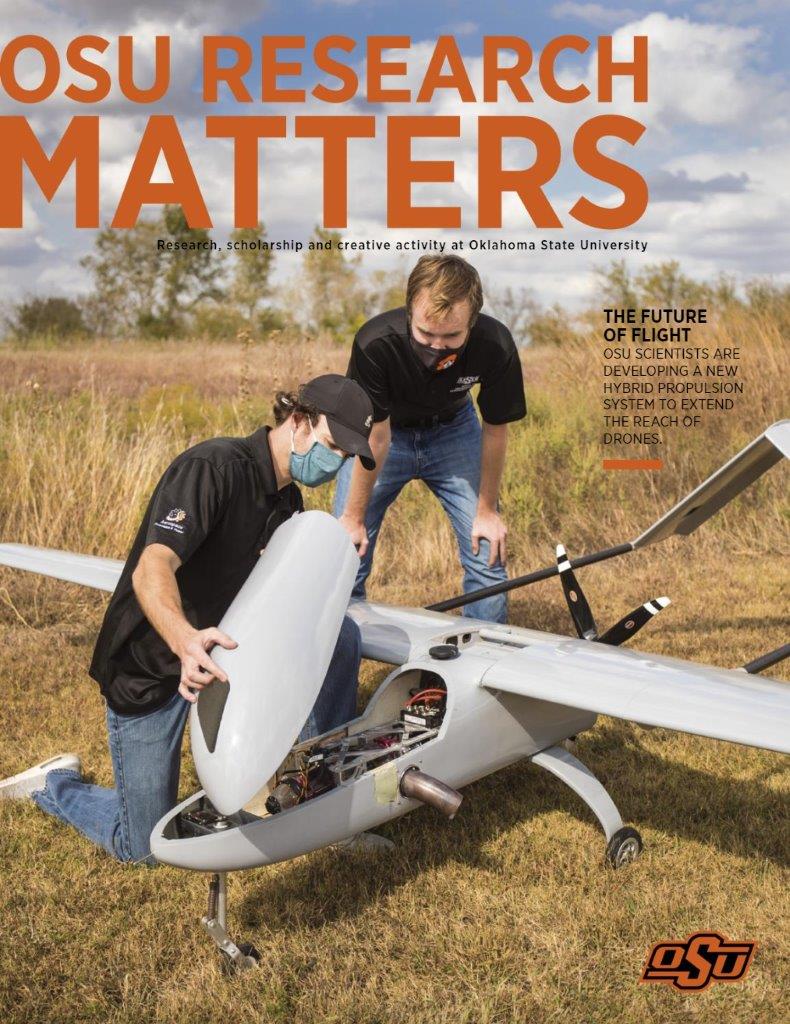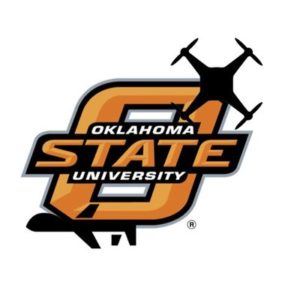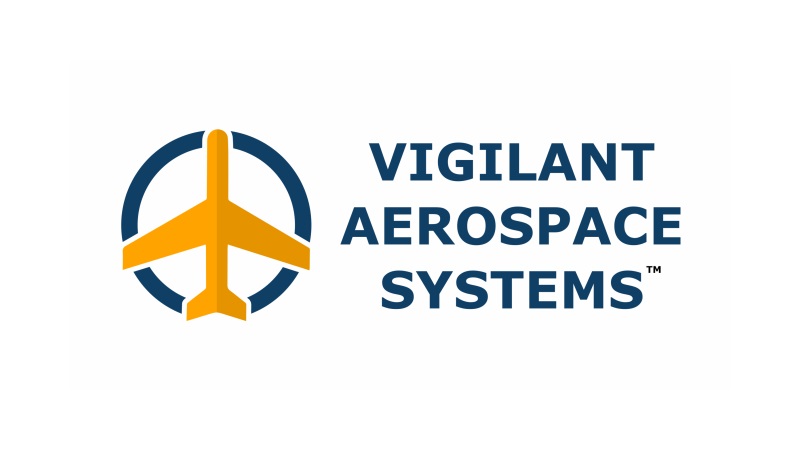 “As a member of the team on this multiyear project, Vigilant Aerospace will be working to leverage the success of our collision avoidance system into a system that also includes wind and weather hazard avoidance to provide a more complete solution for drone safety.”
“As a member of the team on this multiyear project, Vigilant Aerospace will be working to leverage the success of our collision avoidance system into a system that also includes wind and weather hazard avoidance to provide a more complete solution for drone safety.”
STAYING VIGILANT
Vigilant is a familiar partner for OSU’s USRI. The Oklahoma City-based company has been working with OSU for over two years. “Right now, the unmanned aircraft industry is in a state of rapid development,” said Kraettli Epperson, CEO of Vigilant Aerospace Systems, Inc. “New capabilities are merging quickly, and the regulations are racing to catch up. Companies are eager to use drones for a wide range of purposes, from bridge and road inspection to solar and wind farm maintenance to consumer package delivery, but they need safety solutions to allow them to fly beyond visual line-of-sight of the pilot.” Pilots are required by regulation to maintain a safe distance from all manned aircraft, a difficult task if they cannot se the drone itself. Vigilant Aerospace develops safety systems to help bridge the gap. “We have been working with Vigilant for two-plus years in helping support flight tests for the system development, called FlightHorizon,’ Jacob said. “This is a software algorithm licensed by Vigilant from NASA to provide ‘see and avoid’ capabilities for drones to prevent collisions with manned aircraft and other drones.” “Vigilant is working with OSU’s Unmanned Systems Research Institute with the support of the Oklahoma Center for the Advancement of Science and Technology (OCAST) on integrating small, portable radars into the system,” Epperson said. “The work with OSU has allowed us to advance this integration quicker and more efficiently than we would have been able to alone,” he said. “The work with OSU has allowed us to advance integration quick and more efficiently than we would have been able to alone,” he said. “Jamey Jacob and the USRI team have deep industry expertise, good relationships with regulators and extensive testing knowledge,” Epperson said. “The USRI has provided our project with engineering support, pilots and aircraft, and flight operations and testing facilities. The USRI’s capabilities have allowed us to focus on our strengths in software and product development while they provide testing expertise and test flight operations.” Vigilant is now focusing on how it can help with this new initiative. “As a member of the team on this multiyear project, Vigilant Aerospace will be working to leverage the success of our collision avoidance system into a system that also includes wind and weather hazard avoidance to provide a more complete solution for drone safety,” Epperson said. “We think the future is bright for the development of all kinds of safe, autonomous systems in Oklahoma, and we want to help make the state a national leader in the industry.” For more details and information on the WINDMAP project, check out our initial announcement: “Vigilant Aerospace Partners with Oklahoma State University in NASA Research Project on Weather Hazards and Drone Safety” For updates and project information, visit the project website at www.UASweather.com. View the full article online: OSU Research Matters Magazine, “Looking Upward” pg. 12-13About the NASA University Leadership Initiative
 The University Leadership Initiative (ULI) was created to initiate a new type of interaction between NASA Aeronautics Research Mission Directorate (ARMD) and the U.S. university community, where American universities take the lead, build their own teams, and set their own research paths. This initiative seeks new, innovative ideas that can support the NASA ARMD portfolio and the U.S. aviation community. For more information, visit https://nari.arc.nasa.gov/uli.
The University Leadership Initiative (ULI) was created to initiate a new type of interaction between NASA Aeronautics Research Mission Directorate (ARMD) and the U.S. university community, where American universities take the lead, build their own teams, and set their own research paths. This initiative seeks new, innovative ideas that can support the NASA ARMD portfolio and the U.S. aviation community. For more information, visit https://nari.arc.nasa.gov/uli.
About the Oklahoma State University Unmanned Systems Research Institute
 Unmanned vehicles have become a revolutionary technology that is taking the world by storm. The OSU Unmanned Systems Research Institute (USRI) accesses expertise across Oklahoma State University allowing them to combine cutting edge product development with academic knowledge and resources to create unique solutions to critical problems. For more information on the OSU Unmanned Systems Research Institute, visit CEAT.okstate.edu/USRI.
Unmanned vehicles have become a revolutionary technology that is taking the world by storm. The OSU Unmanned Systems Research Institute (USRI) accesses expertise across Oklahoma State University allowing them to combine cutting edge product development with academic knowledge and resources to create unique solutions to critical problems. For more information on the OSU Unmanned Systems Research Institute, visit CEAT.okstate.edu/USRI.
